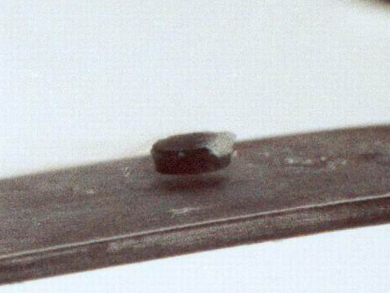A new temperature record for conducting electricity without resistance has been achieved: In high-pressure experiments, researchers were able to achieve superconductivity at a comparatively high –70 °C. The previous record was –123 °C and dates from 1993.
Mikhael Eremets, Max Planck Institute for Chemistry, Mainz, Germany, and colleagues used hydrogen sulfide under pressure to achieve the effect. The team subjected H2S to pressures of 150 GPa in a diamond anvil. At these conditions, the substance becomes metallic and thus conducts electricity. They then cooled the sample and found superconductive behaviour at a transition temperature of 203 K.
The low mass and thus high oscillation frequency of the hydrogen atoms is key for the effect. The team showed this by using sulfur deuteride (D2S), for which they observed a lowering of the transition temperature. According to the researchers, this result is a step towards a room-temperature superconductor based on hydrogen compounds.
- Conventional superconductivity at 203 kelvin at high pressures in the sulfur hydride system,
A. P. Drozdov, M. I. Eremets, I. A. Troyan, V. Ksenofontov, S. I. Shylin,
Nature 2015.
DOI: 10.1038/nature14964



